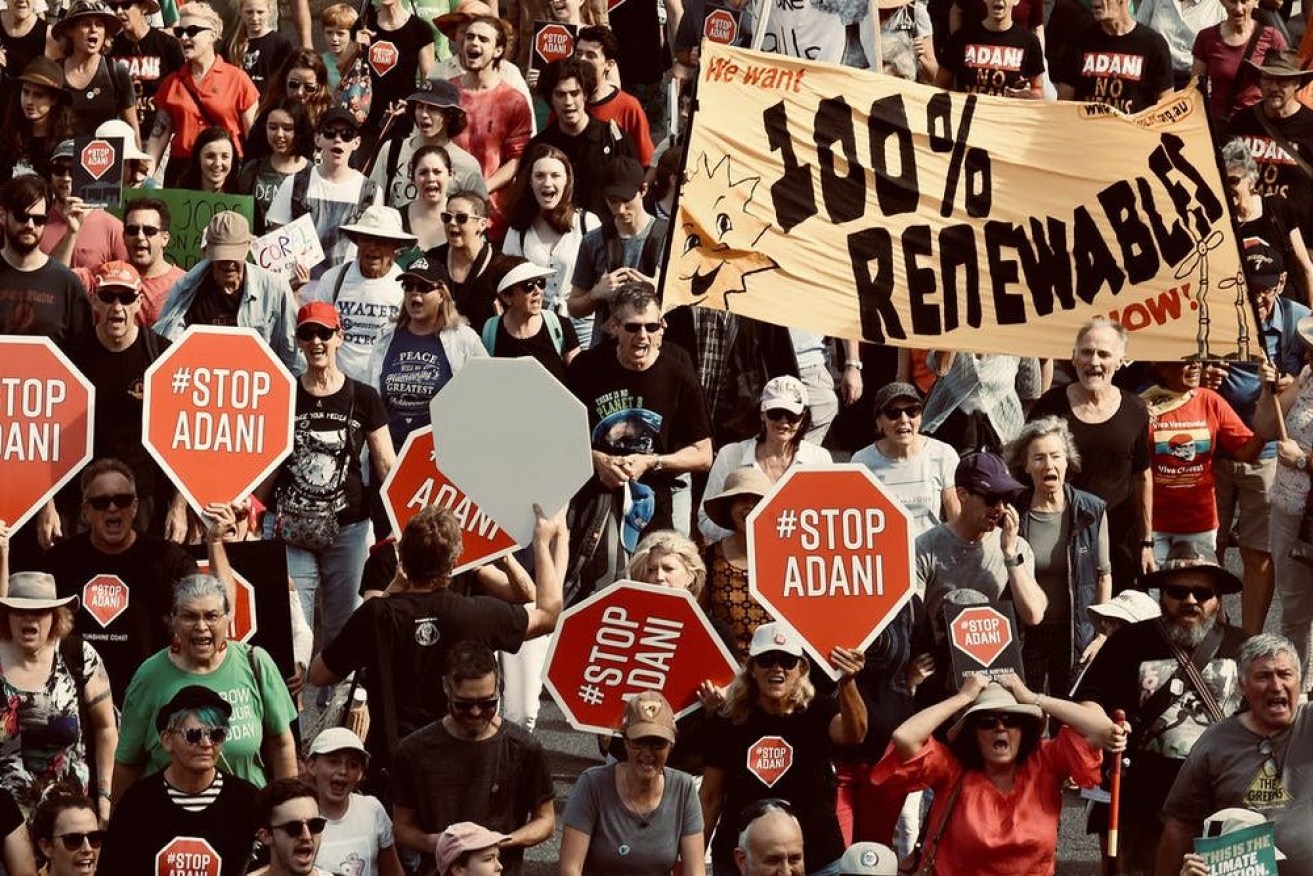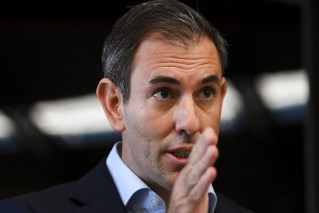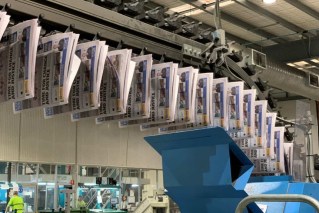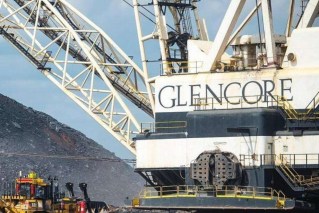Misled, conflicted and wedged: Study reveals how mining approvals have failed
A report from QUT has been deeply critical of the mining approval system showing deep mistrust among stakeholders who believed they had been misled.


Adani is facing another wave of corporate hate
The report said stakeholders had also become increasingly polarised and there was a belief that the environmental approval system demanded more information “yet work(ed) against transparency’’.
The report was sparked by the heated debate over mining, particularly the Carmichael mine in central Queensland, which became a lightning rod for environmental activists. The approval of the mine and the debate around it also caused a political backlash which fed into state and federal elections.
The report found there was a perception that mining organisations were selective in their release of information, did not consistently conduct adequate research into areas of importance and that the independence of external consultants used for research and analysis “was inherently compromised by their financial attachment to the company’’.
Significantly, it said process limitations in the EIS played a key role in shaping debate.
The key findings of the report, which has not been released in full, found business now expected court action against a project as “a matter of course’’ and that financing was getting more difficult in the absence of a social licence.
A divided media had meant there was a strong perception of the importance of the role of public media in shaping understanding and misunderstandings of mining operations.
“ABC and The Guardian Australia viewed by conservative participants as radically left-leaning, but acknowledge the ABC is still producing good and accurate reporting,” the report said.
“Conservative participants take issue with the ‘targeting’ of Adani by the ABC. Newscorp (was) viewed by progressive participants as clearly pro-mining and climate change denying (and) multiple participants pointed to the fact that the Courier-Mail prints Adani’s media releases word for word.”
The CRC Ore project report, compiled by Associate Professor Robyn Mayes, Dr Bree Hurst and Dr Amelia Hine, found there were interrelated factors that together worked against efficient, transparent and beneficial stakeholder engagement.
“Stakeholder identities cannot be considered fixed; and stakeholder views on specific mining operations and/or the specific sectors of the industry seem to be increasingly polarised in the public sphere,’’ it said.
“Information deficits and misinformation are perceived by a wide array of stakeholders to undermine transparency needed for open debate and problem solving.
Even stakeholder groups were in conflict with a mismatch between what groups said was their purpose and the external perception of that purpose.
“Almost all community and civil society research participants emphasised the need for high quality independent reviewers and representatives to oversee all aspects of the approvals process,’’ it said.
*The author of this article was one of more than 40 people interviewed for the report.












